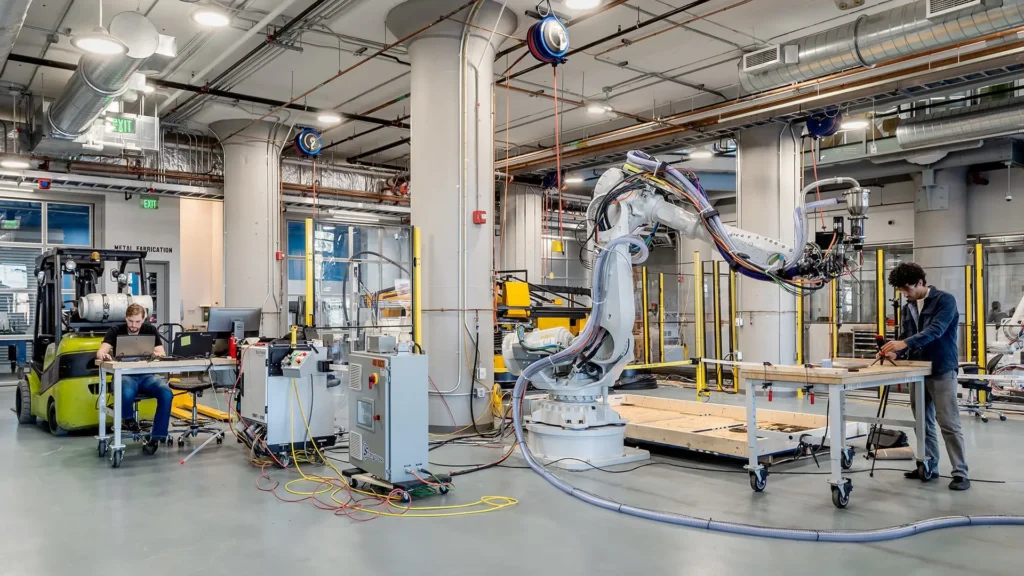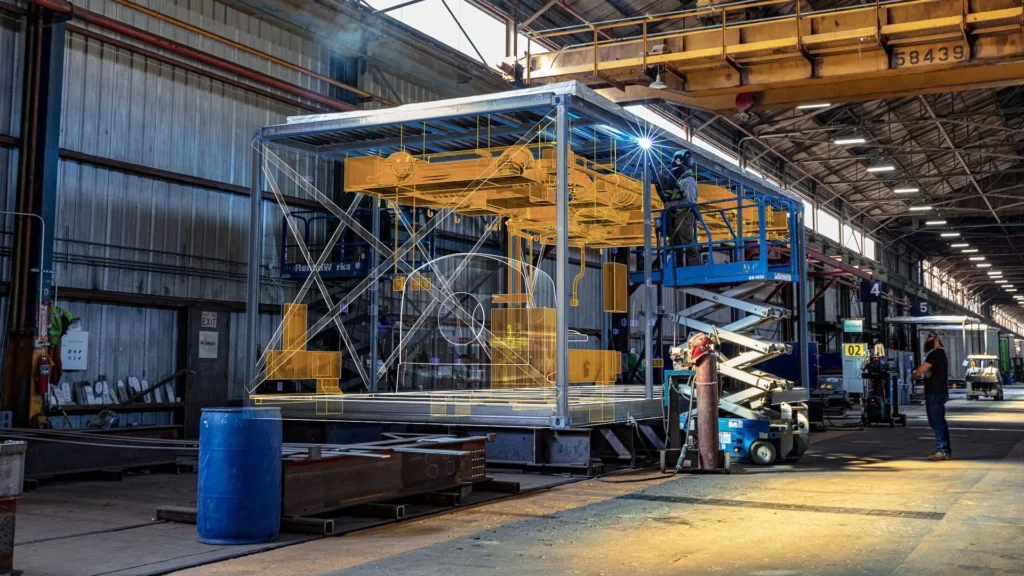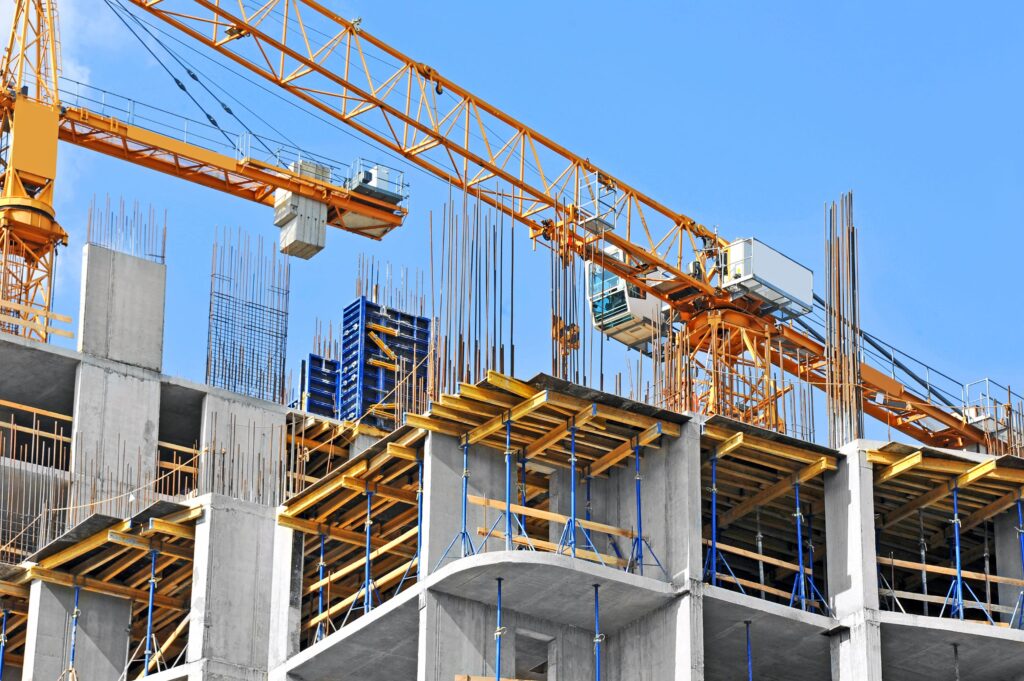How Building Automation Software Is Revolutionizing The Construction Industry

One such industry that has been labor-intensive, even with the manifold development of technology, is the construction industry. There was a notion that various activities could not be supplemented by the rising technology, like digging and mixing, amongst others. However, technology has helped to meet traditional functional challenges like the inability to meet the time requirements, ensuring a standard quality of the overall working, and adding to the expenses.
The introduction of automation software for labor-intensive tasks is a much-needed step that can help kickstart the construction processes and embrace the changes that are all set to change the future of the construction agency for the better. Home builder software helps with insights for managing ongoing projects and increases the industry’s revolutionary potential at a global scale.
Potential Of Automation Software In The Construction Industry

If you see the recent growth of construction technology, you will see that there has been a significant role. The introduction of automation in the industry has helped enhance productivity levels and improved job efficiency at various levels at a job site. If any automated equipment and process are used, the projects can be completed before or on time and cater to other things lined up in a schedule. When these are ongoing, you will begin uncovering attached advantages like improvement in cost savings and increased profitability.
The availability of automation software helps improve work quality and reduces the chances that any human error will be committed. Also, it ensures that the tasks are performed based on the client’s expectations and also the quality is consistent throughout the process.
How Does The Automation Software Help The Construction World
If you use automation software integrations, there are a lot of positive changes that you can explore. The processes will be simpler, and you will see increased work efficiency and speed. Let’s discuss some key technologies and their role in revolutionizing the construction industry.
Computational Designing

Computational designs can take the first step toward a significant change in the construction world. Designers and architects can use the technology to create customized designs without compromising their ease and accuracy. Many tools seek the use of computer algorithms and software for rendering help to designers so that they can generate the best complex designs.
Also, the tools help in real-time analysis, which is based on an array of factors like structural integrity, strongness in the foundation, occupant comfort, and energy performance. There are fewer design errors, and the product quality improves, which helps in promising an excellent quality design.
Robotic Vehicles
The next thing that can help in the construction industry revolution is the use of robotic vehicles. They find their application in the form of autonomous earthmoving equipment. These machines can be helpful for doing tasks like grading, soil compaction, and excavation. Also, the availability of autonomous equipment helps to render timeless support that can further play a significant role in accelerating the project timelines, ultimately leading to productivity enhancement.
Also, UAVs and drones can be used for various tasks like inspection and surveying. Also, you can use these devices to monitor the process and transport materials, which helps reduce human effort and streamline processes at any place where human labor is exploited. These devices can provide results in the form of detailed maps, point clouds, and 3D models. The received data can help the companies optimize workflow, identify potential issues, and improve the safety of the work and workforce.
Prefabrication And Digital Fabrication

Let’s talk about the prefabrication process first. It is a process that involves manufacturing building components, which is concluded in a factory-controlled environment. It can be transferred to where the construction occurs so that assembly can be done over there. Automation software will help reduce on-site labor requirements and help you enjoy quality control. There will be less wastage.
Also, you can seek the process to help you with faster construction times. It is a trusted source for its potential for modular construction. As the world is moving towards innovation with the help of technological advancements, there will be a higher need for customization, and flexibility and prefabrication can help to cater to it.
Further, computer-controlled machines can be put to use for creating different parts and components that can be suitable for meeting the construction project requirements. Detailed shapes can be created with digital fabrication that can be achieved through accuracy and precision. Also, you can reduce resource wastage and improve efficiency by optimizing material usage.
Digital Building Management
The construction industry, which uses digital sensors, analytics, and automation systems, can have an edge in monitoring and controlling the different building systems. Digital building management can ensure building performance optimization and reduce energy consumption which is beneficial for the environmental goals of the future.
The intelligent building automation processes involve using sensor systems that are programmed to automatically adjust to the installed building systems that function whenever there is a change in occupancy, weather conditions, and temperature requirements, amongst other factors.
Areas That Need More Attention

However, building automation software for the construction industry requires people to learn new skills and adapt to new technologies. Also, the integration system comes with the need for hardware and infrastructure. The implementation is incomplete until you don’t have a full-proof understanding of the construction industry and also the complexities that come along with it.
Gathering knowledge is essential for developing and implementing effective automation software and systems to meet the specific requirements of the construction agency.
The construction industry takes its time to acknowledge the need for change and further adapt to it. However, the potential advantages should be considered, and quick implementation steps should be taken accordingly.
Conclusion
Evolution and challenges for the construction industry, amongst others, go hand-in-hand. The integration requirements are increasingly important, and you should realize the benefits of automation software before you run out of time. They have qualitative things for the construction companies looking for something different and better for the upcoming future trends.




